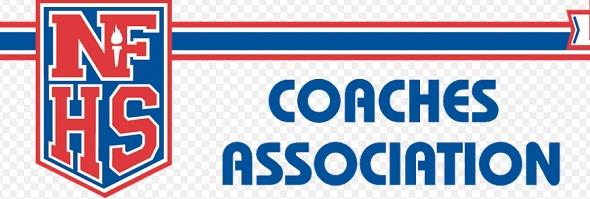
Nonfaculty Coaches
June 18, 2012
Since the so-called heyday of school sports in the 1950s, when you could count on more talk in a community about its few high school teams than about all the college and professional sports teams in the country combined, some things have improved – diversity and safety, for example; but some things have not met the high ideals hoped for in educational athletics.
During the explosive growth period of school sports in the 1970s and 1980s, when girls programs were introduced or reintroduced to schools and well-established community programs were added to the school sports curriculum, schools in almost every state had to backpedal from the ideal that only trained educators – certified teachers – could coach interscholastic athletic teams. (In Michigan, except for two years in the mid 1950s when certified teachers were required, the rules only urge that coaches be certified teachers.)
While the number of sports and levels of teams have greatly expanded these past five or six decades, the coaching pool within the faculty of a school district has not. Furthermore, teachers’ salaries improved so much that coaching stipends became less necessary to supplement teachers’ incomes, so teachers “volunteered” less readily to serve as coaches for a second and third sport.
Moreover, the coaching demands for one sport increased out of season, interfering with a person’s availability to help coach second and third sports during the school year. This was commonplace in the sports that moved from the community into schools, but the out of season demands have increased significantly for traditional school sports as well.
There is irony that community youth sports programs not only have provided school districts with a pool of informed and interested people to serve as coaches, but they have also increased the demands on coaches so much out of season that coaches must specialize in a single sport and therefore are less available to assist with the many different sports and levels of teams that school districts struggle to provide students.
It is estimated now that more than half of all high school coaches do not work in the school building where they coach, which can create communications challenges for schools. A smaller but growing number of high school coaches do not work at all in the field of education, which can create philosophical problems as well. Not always, of course; in fact, many nonfaculty coaches are a rich and increasingly indispensible blessing for school sports.

Brother Rice's Venos Honored by NFHS
January 12, 2018
By Geoff Kimmerly
Second Half editor
One of the most successful boys swimming & diving coaches in MHSAA history was honored Thursday by the National Federation of State High School Associations (NFHS) Coaches Association.
Birmingham Brother Rice’s Michael Venos was recognized as the National Coach of the Year in his sport after leading the Warriors to a fourth-straight Lower Peninsula Division 1 championship last winter.
The following brief bio includes Venos’ coaching philosophy, which he was asked to submit after being identified as a candidate for the award.
 Mike Venos is in his 34th year coaching and 21st at Brother Rice, including his 20th as the head of the Warriors program. He has coached 12 individuals MHSAA Finals champions and 15 relay Finals champions, with a record 19 straight Detroit Catholic League team championships. He has been named Class A/Division 1 Swim Coach of the Year by the Michigan Interscholastic Swim Coaches Association four times. Venos also led the Farmington Hills Mercy girls swimming & diving team to the LPD1 championship in the fall.
Mike Venos is in his 34th year coaching and 21st at Brother Rice, including his 20th as the head of the Warriors program. He has coached 12 individuals MHSAA Finals champions and 15 relay Finals champions, with a record 19 straight Detroit Catholic League team championships. He has been named Class A/Division 1 Swim Coach of the Year by the Michigan Interscholastic Swim Coaches Association four times. Venos also led the Farmington Hills Mercy girls swimming & diving team to the LPD1 championship in the fall.
“Very simply stated, it's never about winning. It's about being the best. I am fortunate enough to be able to coach young men and women who just happen to swim. My mission in life is for them to be able to take the lessons they learn from our sport and apply it to their lives. I understand that our parents have their children involved in swimming for more reasons than just to swim fast. I believe that no one person is more important than the team and I want my student-athletes to understand that they are part of something larger than themselves. I don't measure our success by wins and losses, but by how our young men and women go out into the world and represent their team by applying what they have gained from our sport in the daily aspects of their lives.”
The NFHS has been recognizing coaches through an awards program since 1982. Winners of NFHS awards must be active coaches during the year for which they receive their award.

